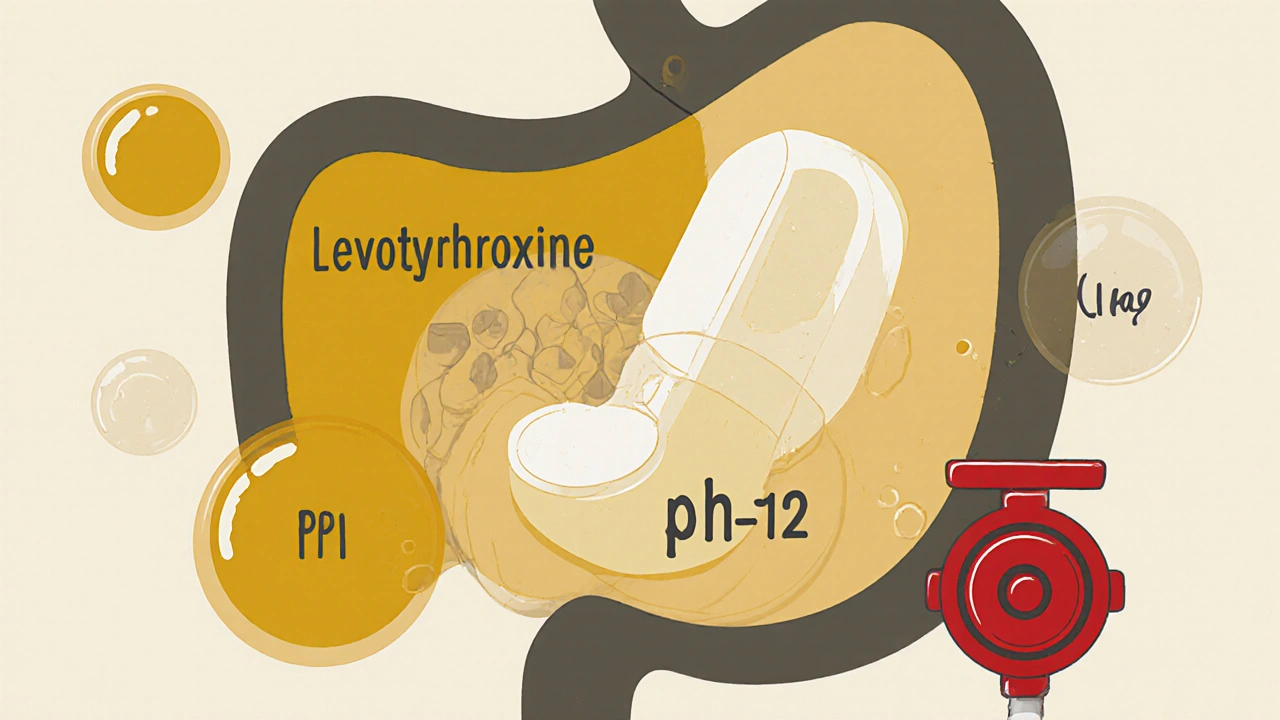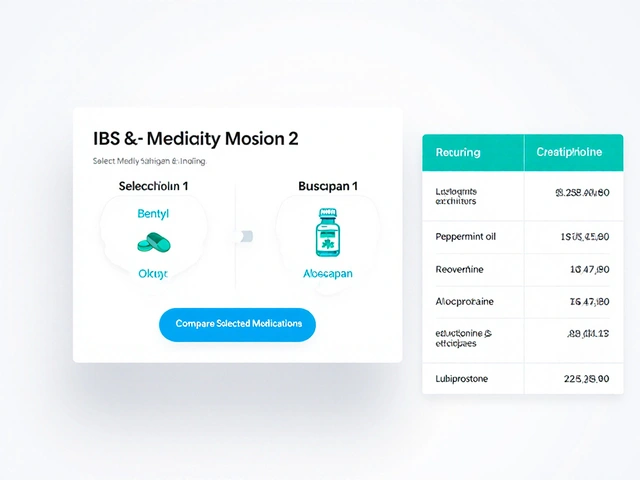Acid Reflux: quick help, clear causes, and what to do next
Got that burning in your chest after meals? That’s acid reflux — stomach acid coming back up into the esophagus. It’s common, annoying, and usually treatable at home if you know what helps and what makes it worse.
Acid reflux happens when the lower esophageal sphincter (LES) relaxes or is weak, letting acid escape. A hiatal hernia, being overweight, pregnancy, certain medicines, and trigger foods make reflux more likely. You may feel heartburn, taste sour fluid in your mouth, have a sore throat, cough, or trouble swallowing.
What helps right away
Want relief fast? Try chewable antacids (Tums, Rolaids) to neutralize acid. For longer relief, famotidine (Pepcid) or other H2 blockers reduce acid production for several hours. Over-the-counter proton pump inhibitors (omeprazole, esomeprazole) cut acid more strongly but take a day to work and are best used short-term or under doctor advice.
Simple home moves also help: sit upright after eating, sip a glass of water to wash acid down, and avoid lying flat for 2–3 hours. Avoid tight belts or waistbands that press on your stomach. If you smoke, quitting usually reduces reflux.
Preventing reflux long-term
Cut out or cut back on common triggers: spicy food, citrus, tomato products, chocolate, peppermint, fatty fried food, large meals, caffeine, and alcohol. Eat smaller portions and slow down — gulping increases pressure on the LES.
Raise your bed head by 6–8 inches or use a wedge pillow so gravity keeps acid down while you sleep. Losing even 5–10% of body weight often reduces symptoms. If medications you take seem linked to reflux, talk with your prescriber — some drugs relax the LES or irritate the stomach lining.
If you get reflux more than twice a week, or you need OTC meds every day, see a healthcare provider. Also get urgent care if you have trouble swallowing, repeated vomiting, black or bloody stools, chest pain that’s new or severe, or unexplained weight loss.
Doctors may order tests like an endoscopy (to check the esophagus), pH monitoring, or recommend prescription-strength PPIs, H2 blockers, or surgery in severe cases. Treatment depends on how often reflux happens, symptom severity, and any complications like esophagitis.
For pregnancy-related reflux, antacids are usually safe but always check with your OB. For long-term PPI use, discuss risks and benefits with your doctor — sometimes stepping down to an H2 blocker or lifestyle changes is a good plan.
Bottom line: small habits make a big difference. Try dietary tweaks, sleep and posture fixes, and short-term medicines first. If symptoms are frequent or worrying, get medical advice — treating reflux early prevents complications and helps you sleep and feel better.

Dig into everything you never thought you needed to know about Prilosec (omeprazole). This article takes you beyond the quick fix and explains how the drug works, the real talk on side effects, surprising tips, and how you can get the best results safely. If you, your family, or your friends are reaching for acid reducers, this read will prep you with answers and insights that matter long term.
Continue Reading






